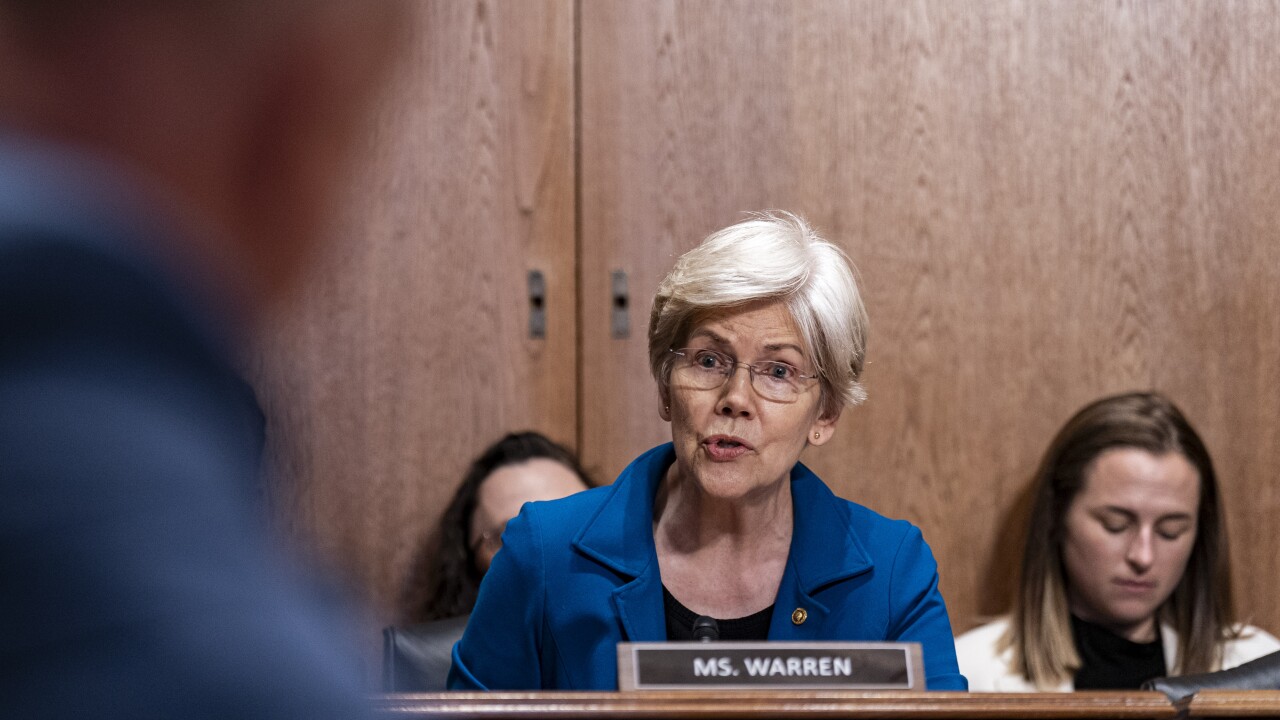
Since June 10, I have been arrested four times by the New York Police Department. My crime? Blockading the doors of the headquarters of the
The ongoing protests against
Much has been written in this publication and elsewhere questioning the effectiveness of this form of activism, with the argument being made that divestment pressure simply causes financial institutions to dig their heels in and that targeting sponsors deprives the arts and sports of vital funding.
When it comes to banks, however, there is ample evidence that this type of campaigning has succeeded in the past.
The key point is that bank financing is "real money": When banks decide not to fund the oil and gas sector they are reducing the pool of available lenders, which results in
The push to get banks off coal funding 10 years ago shows how effective pressure can work. Most banks in Europe and North America now have
Elizabeth Warren was among those who criticized Dimon for saying that the bank is going to move away from "commitments" toward "aspirations" on climate.
What really strikes me when I link arms with my colleagues to shut down a bank headquarters is why the bankers waiting patiently outside don't join us in pushing for their employer to stop funding fossil fuels. I don't expect them to join us in blocking the doors but as employees at other large companies have shown there is plenty they can do. In 2019,
Preventing the extreme heat, smoke events, droughts and other impacts of global warming should be enough for bank workers to join the push to end fossil fuels. But if it isn't, it's also increasingly clear that it's in banks' own interests to do so.
"The financial impacts that result from the economic effects of climate change and the transition to a lower carbon economy pose an emerging risk to the safety and soundness of financial institutions and the financial stability of the United States,"
Many in the financial world may continue to roll their eyes at us climate activists getting arrested in financial districts around the world, dismissing us as dreamers who don't understand how the world really works. But what actually determines how the world really works is physics ― and the physics of our climate are crystal clear:
The real question is whether banks will leave it until it's too late to change their ways before disruption much greater than that caused by activists — the physical and economic disruption caused by climate breakdown ― kicks in.






